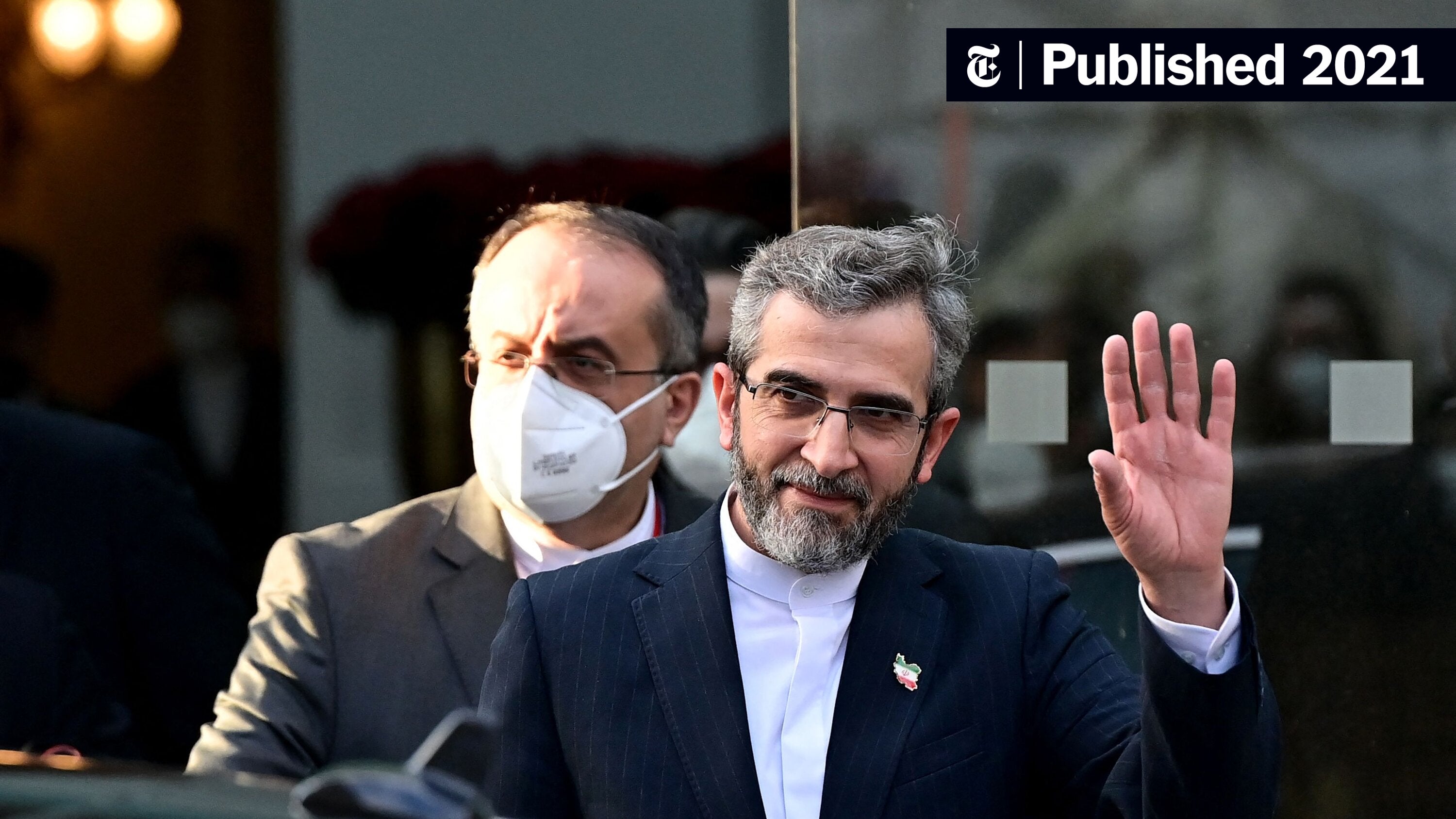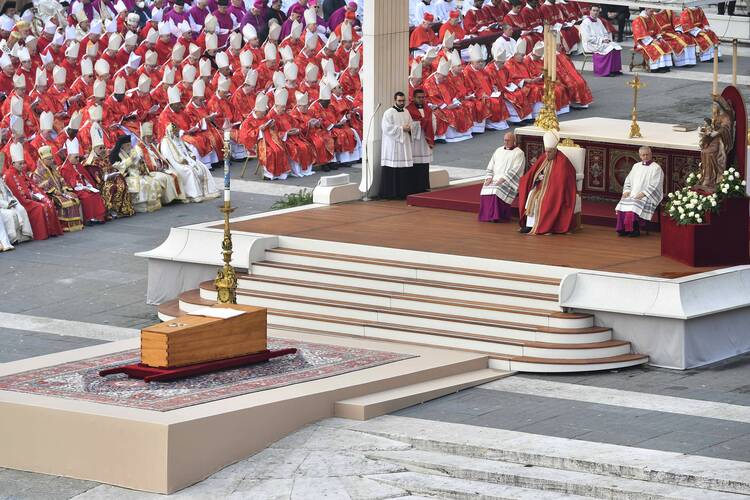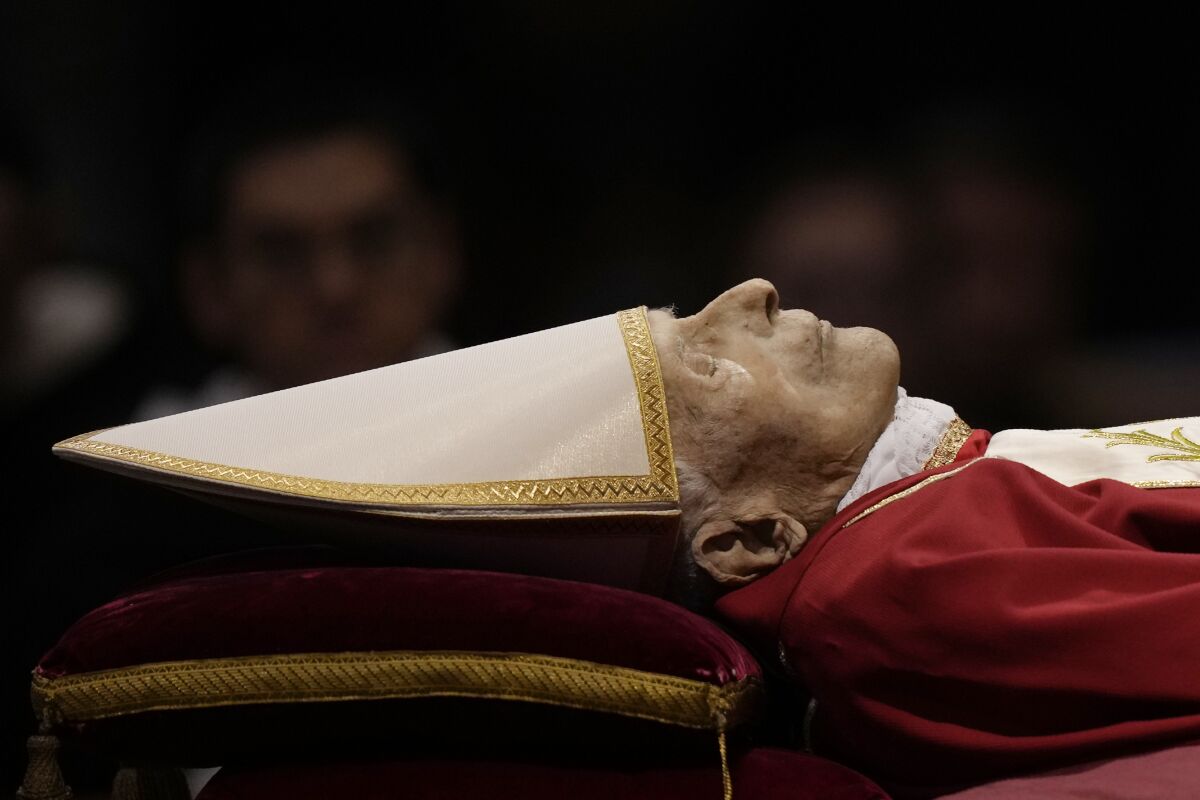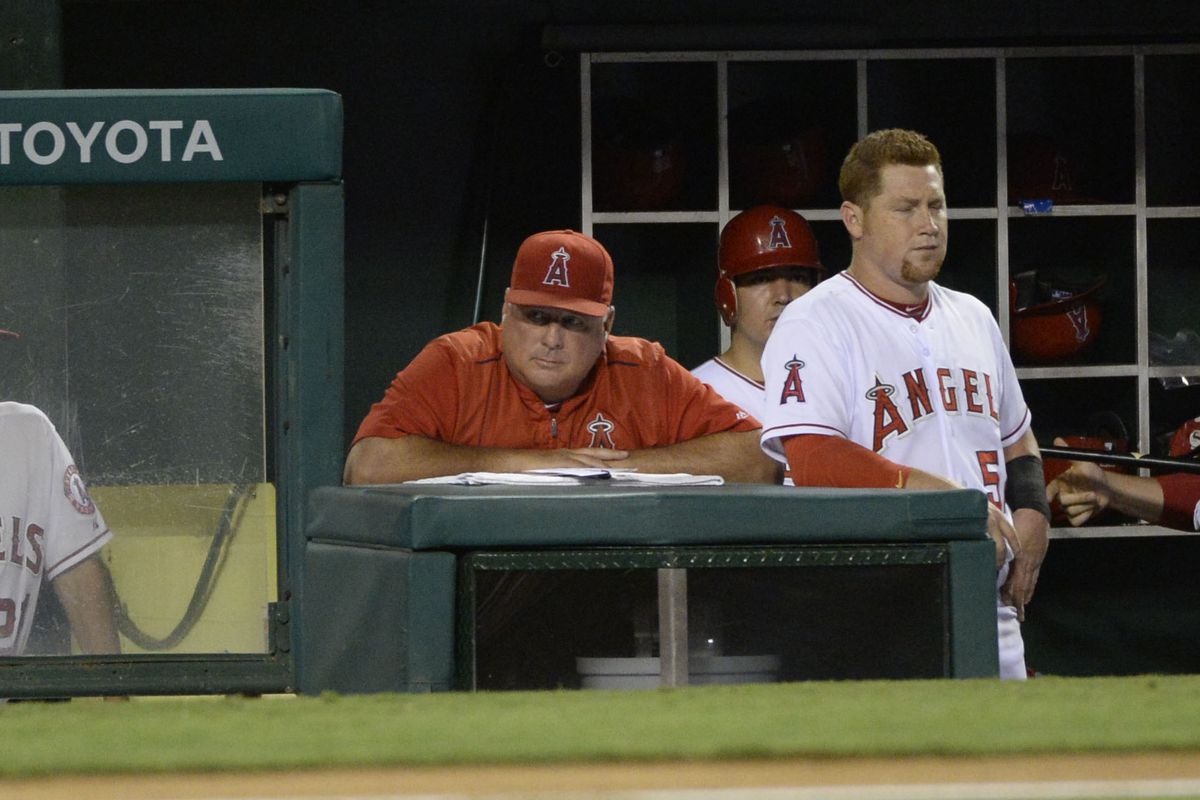Latest US-Iran Nuclear Talks Conclude Without Breakthrough

Table of Contents
Key Obstacles in the US-Iran Nuclear Talks
The failure of the US-Iran nuclear talks to achieve a breakthrough stems from several significant sticking points that proved insurmountable during the recent negotiations. These obstacles highlight the deep-seated mistrust and conflicting interests that continue to plague the relationship between the two nations.
-
Sanctions Relief: Iran's unwavering demand for the complete lifting of all US sanctions remains a major hurdle. Tehran insists that the economic sanctions imposed by the US are detrimental to its economy and constitute a breach of good faith. This demand clashes with the US position, which seeks a phased approach to sanctions relief, contingent upon verifiable Iranian compliance with the terms of a renewed nuclear deal.
-
Verification of Iran's Nuclear Program: Verifying the extent and nature of Iran's nuclear program continues to be a contentious issue. The US and its allies express concern about the lack of transparency and the potential for Iran to secretly pursue nuclear weapons capabilities. This necessitates robust inspection mechanisms, including access to Iranian nuclear facilities, which Iran has been reluctant to fully grant.
-
Advanced Centrifuge Technology: Iran's development and possession of advanced centrifuge technology, capable of significantly accelerating uranium enrichment, fuels further distrust among Western nations. The US and its allies view this technology as a potential pathway to weapons-grade uranium, posing a significant threat to regional and global security.
-
The Role of the IAEA: The International Atomic Energy Agency (IAEA) plays a crucial role in verifying Iran's compliance with any nuclear agreement. However, outstanding questions regarding Iran's past undeclared nuclear activities continue to hinder progress. The resolution of these IAEA concerns is essential for building confidence and ensuring compliance.
Reactions from Involved Parties and the International Community
The conclusion of the US-Iran nuclear talks without a breakthrough has elicited a range of reactions from involved parties and the international community.
The US has expressed disappointment, reiterating its commitment to preventing Iran from acquiring nuclear weapons through diplomatic means, but also emphasizing its readiness to employ other options if necessary. Iran, in turn, has blamed the US for the failure of the talks, highlighting the continued imposition of sanctions as the primary impediment to an agreement.
The European Union, a key mediator in the negotiations, voiced its regret at the lack of progress and urged both sides to return to the negotiating table. Other international players, including members of the UN Security Council, have also expressed concerns about the implications of a stalled nuclear deal, emphasizing the need for a peaceful and diplomatic resolution. The potential for further escalation and the consequent threat to global security remain pressing concerns.
Potential Implications of the Failed Talks
The failure of the US-Iran nuclear talks carries significant short-term and long-term implications for regional stability and global security.
-
Accelerated Nuclear Program: A lack of a deal could lead to Iran accelerating its uranium enrichment program, potentially bringing it closer to the threshold for developing nuclear weapons.
-
Heightened Regional Tensions: The breakdown in negotiations could further escalate tensions in the Middle East, potentially leading to increased regional instability and even military conflict.
-
Escalation of Economic Sanctions: The failure to reach an agreement may prompt the US and its allies to impose further economic sanctions on Iran, further straining its economy and potentially fueling resentment.
-
Impact on Global Non-Proliferation Efforts: A failure to secure a deal with Iran casts a shadow over global efforts to prevent nuclear proliferation, potentially emboldening other states seeking to develop nuclear weapons capabilities.
-
Uncertainty Regarding the JCPOA: The future of the JCPOA remains uncertain, with the possibility of the deal crumbling entirely or requiring significant modifications to accommodate the changing geopolitical landscape.
Conclusion: The Path Forward for US-Iran Nuclear Negotiations
The failure of the latest US-Iran nuclear talks underscores the significant challenges in achieving a diplomatic resolution to the Iranian nuclear program. The key obstacles—sanctions relief, verification mechanisms, advanced centrifuge technology, and the unresolved IAEA concerns—continue to hinder progress. The potential consequences of this stalemate are far-reaching, threatening regional stability and global security. It is crucial for all involved parties to re-engage in meaningful dialogue to find a path toward a comprehensive and verifiable agreement that prevents Iran from acquiring nuclear weapons. Stay informed about further developments in the US-Iran nuclear talks and the ongoing efforts to achieve a diplomatic solution. Share your thoughts and opinions on the future of these vital negotiations. The future of global security hinges on the success of future US-Iran nuclear talks.

Featured Posts
-
 Silent Divorce Subtle Signs Your Relationship Is Failing
Apr 28, 2025
Silent Divorce Subtle Signs Your Relationship Is Failing
Apr 28, 2025 -
 Why Stretched Stock Market Valuations Are Not A Cause For Alarm According To Bof A
Apr 28, 2025
Why Stretched Stock Market Valuations Are Not A Cause For Alarm According To Bof A
Apr 28, 2025 -
 Funeral Of Pope Francis A Gathering Of World Leaders
Apr 28, 2025
Funeral Of Pope Francis A Gathering Of World Leaders
Apr 28, 2025 -
 Trump Zelensky Meeting Before Popes Funeral A Post Shouting Match Summit
Apr 28, 2025
Trump Zelensky Meeting Before Popes Funeral A Post Shouting Match Summit
Apr 28, 2025 -
 Boston Red Sox Adjust Lineup Casas Lowered Outfielder Back In Action
Apr 28, 2025
Boston Red Sox Adjust Lineup Casas Lowered Outfielder Back In Action
Apr 28, 2025
Latest Posts
-
 75
Apr 28, 2025
75
Apr 28, 2025 -
 Tecno Universal Tone
Apr 28, 2025
Tecno Universal Tone
Apr 28, 2025 -
 Coras Subtle Red Sox Lineup Changes For Doubleheader
Apr 28, 2025
Coras Subtle Red Sox Lineup Changes For Doubleheader
Apr 28, 2025 -
 Could Espns Red Sox Outfield Prediction For 2025 Come True
Apr 28, 2025
Could Espns Red Sox Outfield Prediction For 2025 Come True
Apr 28, 2025 -
 Slight Lineup Shift For Red Sox Doubleheader Game 1
Apr 28, 2025
Slight Lineup Shift For Red Sox Doubleheader Game 1
Apr 28, 2025
